Organ Donation Week: What's it all about?
- Published
- comments

There are more than 6,500 people, including 200 children, currently in need of an organ transplant across the UK, according to the NHS.
Organ Donation Week takes place between 26 September - 1 October 2022.
NHS Blood and Transplant, which oversees blood, organ, tissue and stem cell donations across the UK, is encouraging people to go pink for the week!
Whether that's wearing something pink, baking a pink cake or painting a pink unicorn. There are even famous landmarks across the country lighting up pink!
The aim is to raise awareness of how crucial organ donation is and increase the chances of more children, young people and adults getting the donations they need.
What is organ donation and why do some people need donor organs?
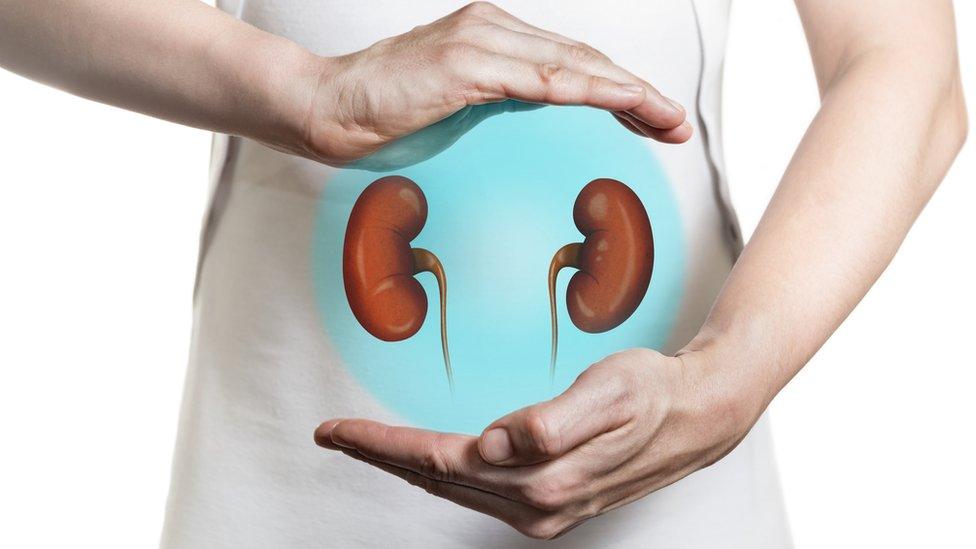
Lots of organs can be donated including hearts, livers and kidneys
Organ donation is a process where an organ, like a heart, kidney or liver, or tissue is removed from one person and given to another person who needs it. If someone donates one or more of their organs, this could help save other people's lives.
Although it's possible for a person to donate certain organs while they're still alive, most organ and tissue donations will come from people who've died.
There are a number of reasons why someone might need an organ transplant. Some require a donation because a particular organ or organs don't work, or they may have been damaged as a result of a disease or injury.
A person's faith, beliefs and culture may impact how they view organ donation and whether they choose to be a donor or not. Personal beliefs about organ donation are always respected whatever they may be.
What are the current rules around organ donation?
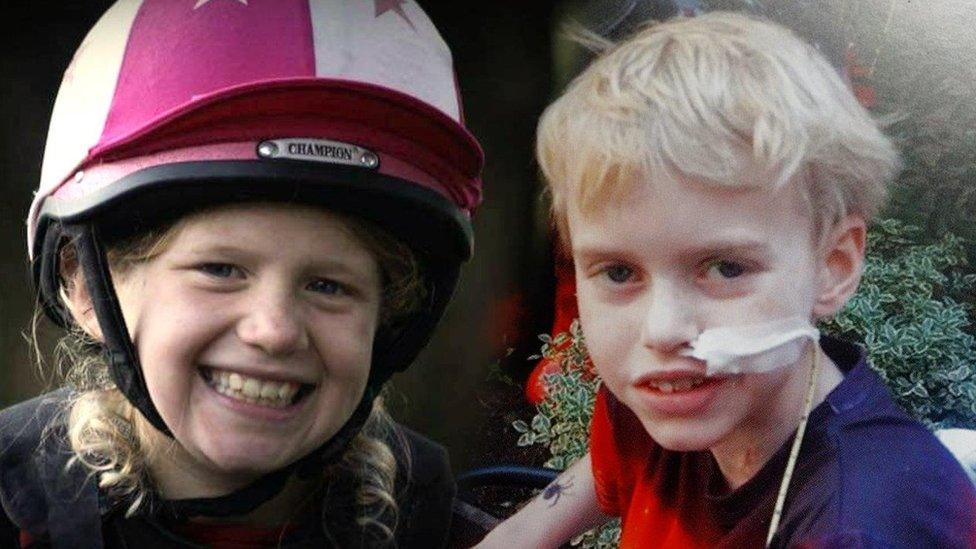
Keira sadly lost her life, but her heart donation saved Max's - their story has helped change the way that people donate their organs in England
Before May 2020, if an adult in England died and they hadn't signed up to a special list called the organ donation list, then their organs couldn't be automatically used to help save or improve the lives of other people. Instead, they had to opt in before they passed away in order for their organs to be donated.
However, this prevented lots of people from becoming organ donors even if they supported the idea - just because they'd never got around to signing the register. Thanks to two children called Max and Keira, that has now changed.
An organ donor is someone who gives part of their body after they die, such as a kidney, liver or heart, to someone else who needs it. Thousands of lives in the UK are saved each year by organ transplants.
Max told Ricky his and Keira's story, and the story of the campaign to change the law (2018)
Now, all adults in England are presumed to be a possible organ donor when they die, unless they have made a decision that they do not want to be a donor or they are in a group who aren't allowed be donors.
They now have to opt out and it's hoped this will help save lots of lives in the future. However, the final choice will still rest with families and if they knew their loved one didn't want to be an organ donor - even if they had not opted out - they'll still be able to tell doctors and donation will not take place.
According to the government's Department of Health and Social Care (DHSC), the new opt-in system could mean that there will be up to 700 extra transplants each year by 2023.
"Even though the law around organ donation has changed to an opt out system for adults in England, Scotland and Wales, it is important that people are aware that families will still always be consulted before organ donation goes ahead," said Anthony Clarkson who is the Director of Organ and Tissue Donation and Transplantation, at NHS Blood and Transplant.
"For this reason, it is just as important as ever to make your organ donation decision known to your family and friends..."
What about children?
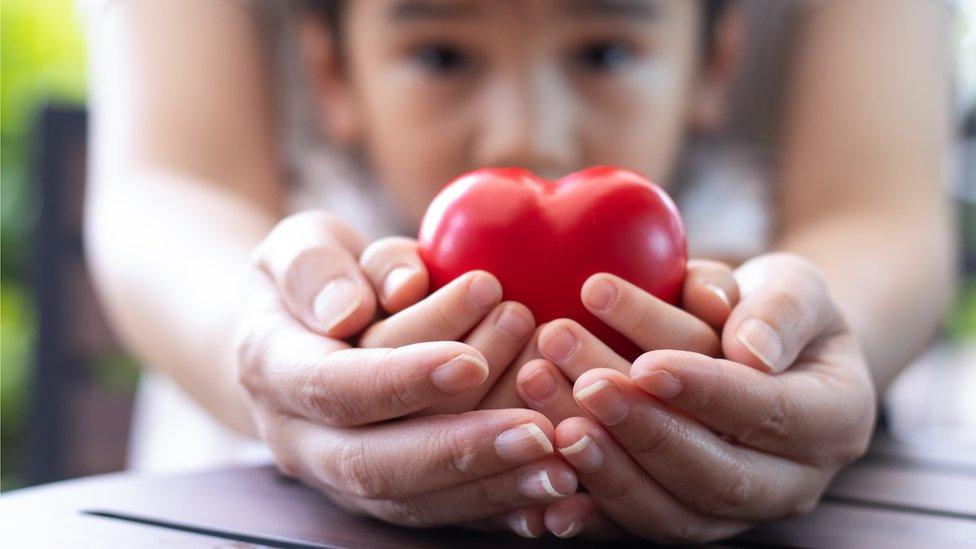
Children can join the NHS Organ Donor Register, although those with parental responsibility have the final decision. Parents can also choose to add their children to the NHS Organ Donor Register at any age.
The number of young organ donors, which are those under the age of 18, has remained at around 50 each year according to the NHS Blood and Transplant, with just over half of families approached agreeing to organ donation.
WATCH: Max explains why the law's name changed (2019)
At the moment, children on the waiting list for an urgent heart transplant face a wait that is on average two and a half times longer than adults.
"For children waiting, especially for hearts and lungs, size and strength of the donor organ matters, so their donor organ will need to come from another child," said said Anthony Clarkson.
"We urge all family members of all ages, to take a moment this Organ Donation Week to talk and share your decision. We know that families take a great deal of comfort, when they are already aware of what their loved one wanted."
Georgia's story
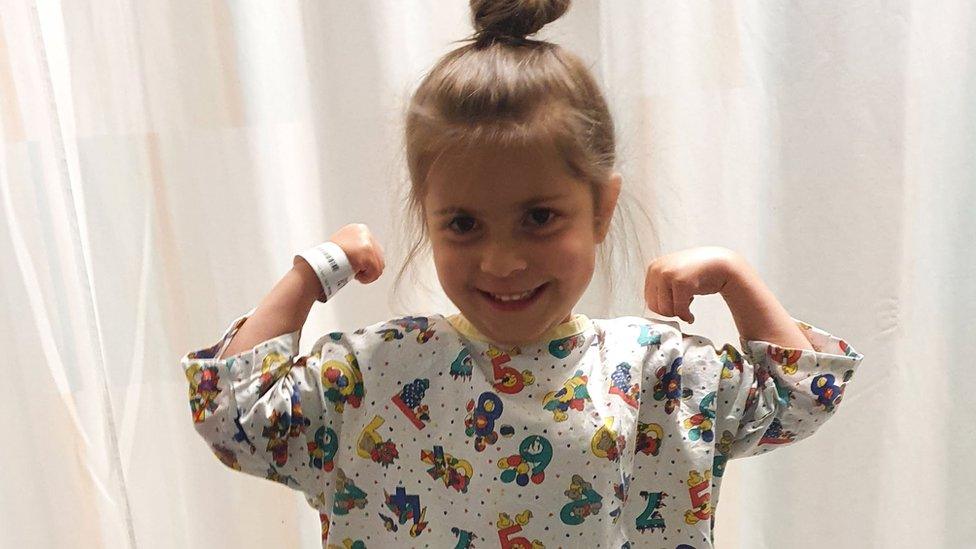
Georgia has been on the organ transplant list for more than a year
Five-year-old Georgia was born with a heart condition called aortic stenosis.
She had to have open heart surgery when she was a baby and spent the first five months of her life in hospital.
"Things settled a bit after that, then last year at a routine check-up the doctors discovered the pressure was increasing in her heart and diagnosed [her with] restrictive cardiomyopathy," Georgia's mum Jodie said.
"That's when they said she needs a heart transplant".
Georgia has been on the organ donation list for more than a year and the family have to wait until a suitable heart is found for her.
She has just started school which makes her more aware of the differences between her and her friends.
She gets tired but her friends watch out for her and adapt their games and play so she is able to join in the fun.
Jodie, Georgia's mum says: "We're still waiting. The list is long, with dozens of children waiting for a heart. It's a constant concern but I try to focus on making memories together.
For Georgia to have a long, healthy life she needs a donor heart.
What about the rest of the UK?
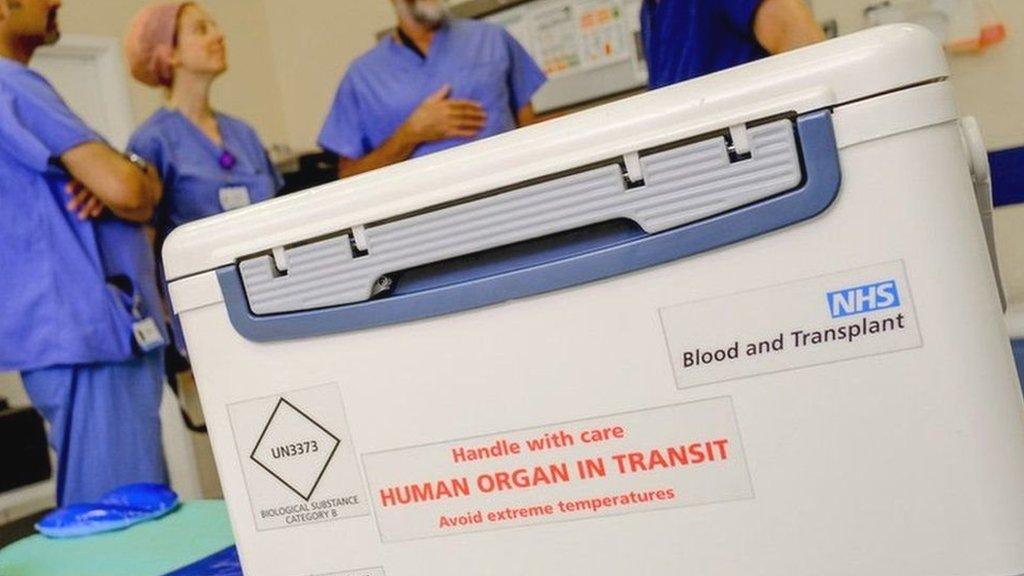
In 2015, Wales became the first nation in the UK to introduce an opt out system to increase the number of organ donors.
Scotland has also introduced a similar system which came into effect in March 2021.
The current organ donation law in Northern Ireland remains an opt-in system, but from spring 2023, it will move to an opt-out system.
- Published27 February 2019

- Published3 May 2018
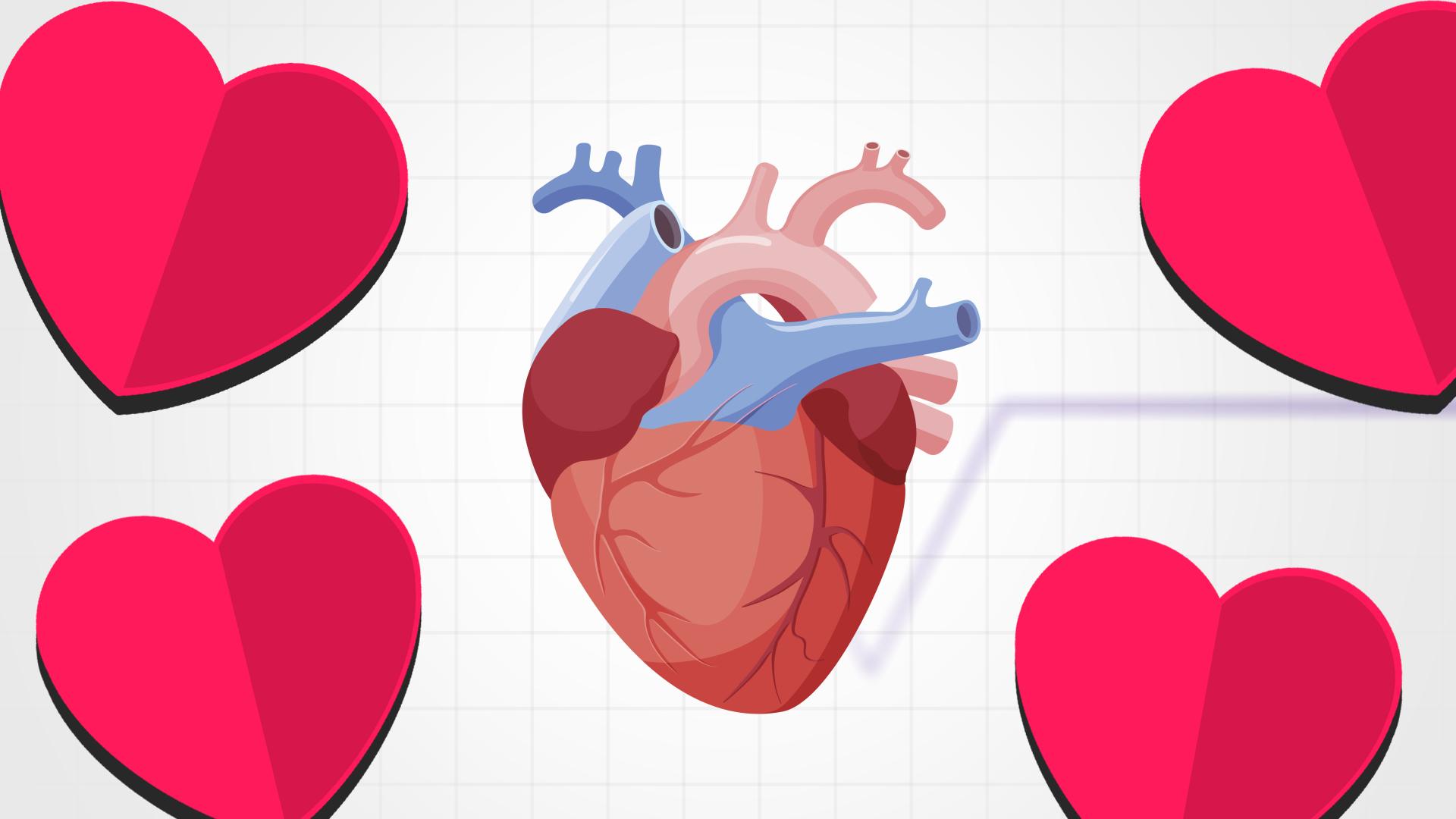
- Published20 May 2021

